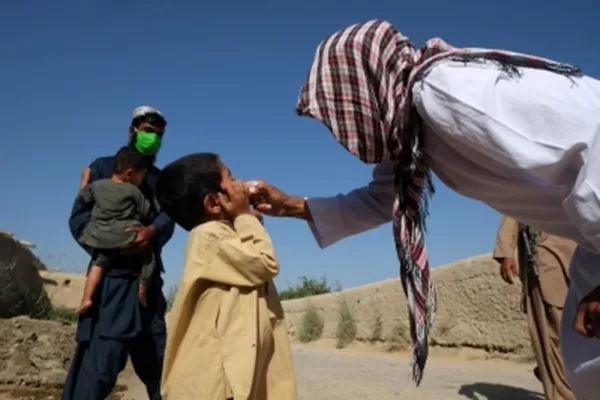A recent study conducted by researchers at the Azrieli Faculty of Medicine of Bar-Ilan University has shed light on the unique factors driving high vaccination rates among Israeli Arabs. This phenomenon, which is rarely observed among minority groups globally, offers valuable lessons for improving vaccine uptake in underserved communities worldwide.
The study is part of the large-scale RIVER-EU project, which aims to increase vaccine uptake in minority populations across Europe. Researchers found that Israeli Arabs demonstrate significantly higher vaccination rates, particularly for childhood immunizations like HPV and MMR, compared to the general population.
Trust in the Health Care System
One of the most notable findings is the strong trust that Israeli Arabs place in the country’s health care system. Unlike other institutions in Israel, the health care system is widely viewed as professional, fair, and non-discriminatory.
Dr. Jumanah Essa-Hadad, the study’s lead researcher, explained, “The Israeli health care system includes a significant number of Arab doctors and nurses, which fosters a sense of trust and encourages vaccination.”
The study, co-led by Prof. Michael Edelstein and a team of international researchers, involved interviews with 53 members of the Arab community, including health care workers, mothers, and teenagers. Their insights helped uncover key social and structural factors behind high vaccination rates.
Social and Structural Factors
Prof. Edelstein, an expert in public health and epidemiology, noted that vaccinations are widely accepted as a social norm within the Arab community. He stated, “For many Arab families, vaccines are seen as routine health measures rather than controversial choices.”
Additional factors contributing to high vaccine uptake include:
- Accessible and culturally sensitive health care services: Arabic-speaking clinics, flexible appointment hours, and child-friendly environments encourage vaccination.
- School-based vaccination programs: Teenagers are more likely to receive vaccines when they see their peers getting vaccinated, reinforcing immunization as a community standard.
- Cost-free vaccinations: Israel provides vaccines free of charge, eliminating financial barriers for families.
COVID-19 Vaccine Hesitancy
While the study highlights the high uptake of childhood vaccines, it also points to lower COVID-19 vaccination rates among Israeli Arabs. This discrepancy is attributed to differences in perception—while childhood vaccines are seen as long-established and essential, the COVID-19 vaccine was viewed as new and unfamiliar, leading to increased hesitancy.
Global Implications
The findings position Israeli Arabs as a model for increasing vaccine acceptance among minority groups worldwide. The study draws comparisons with successful vaccination efforts in Somali communities in Finland and Bengali populations in England, emphasizing that trust in health care professionals and accessible services are critical to improving vaccine uptake.
The study, published in the Israel Journal of Health Policy Research, highlights the need for culturally adapted health care policies to boost vaccination rates among minority populations globally.
Disclaimer: This article summarizes research findings and does not constitute medical advice. Readers should consult health professionals for personalized medical guidance.











